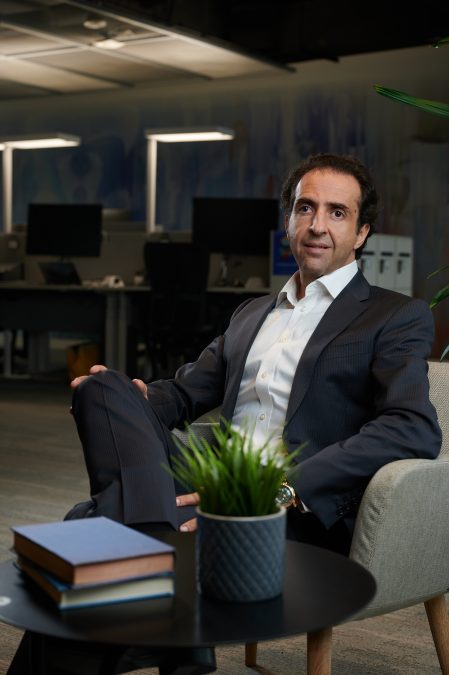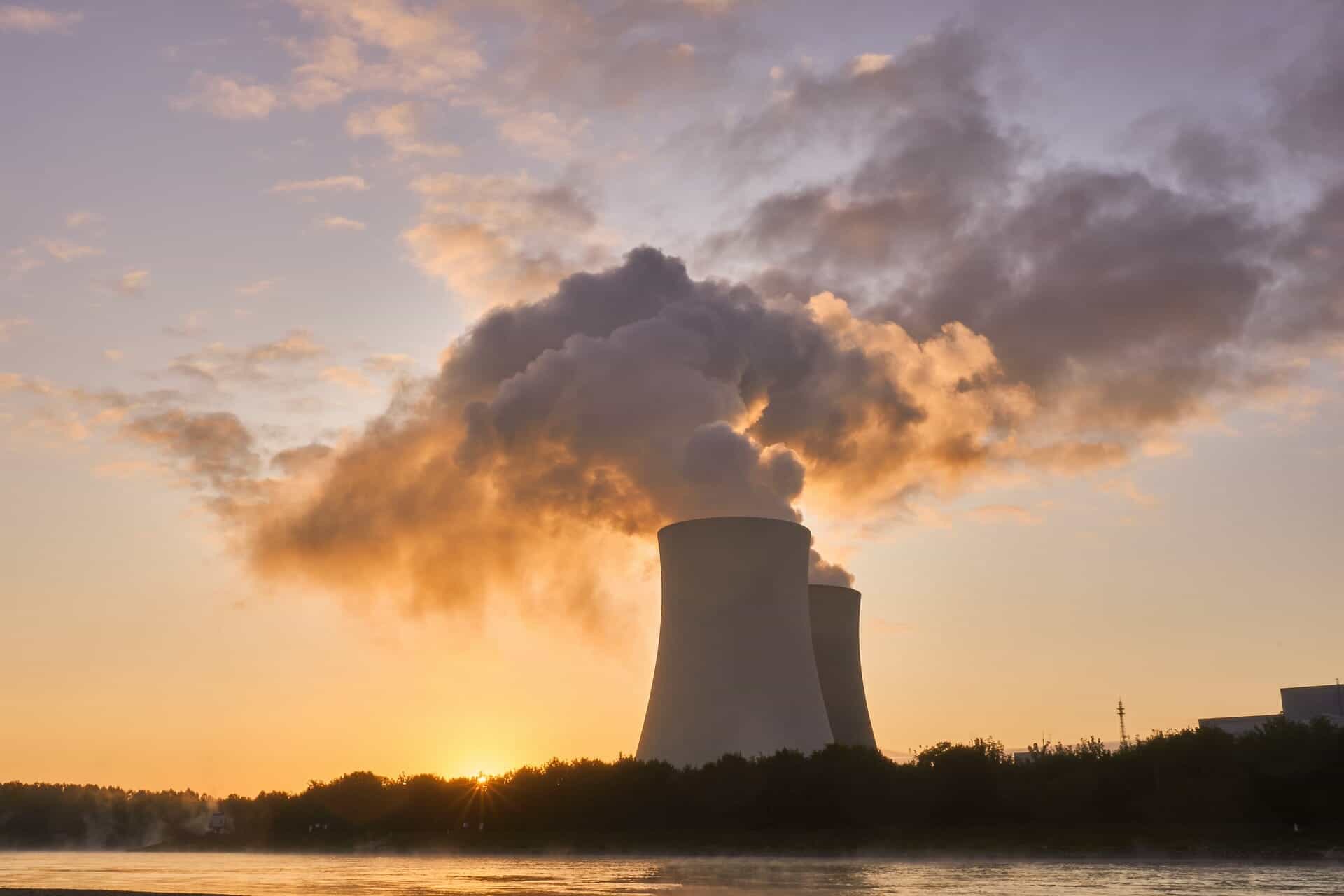Dubai, UAE – Carbon emissions continue to reach alarming levels, with atmospheric carbon dioxide (CO₂) concentrations hitting a record high of 426.91 parts per million (ppm) in June 2024. In 2023, the global average CO₂ concentration was 421 ppm, the highest ever recorded.
Utilizing technology, particularly artificial intelligence (AI), to generate accurate and real-time carbon footprint data is essential for proactively addressing and managing climate change challenges. This approach stands in stark contrast to the sluggish progress observed in attaining the climate goals established by the Paris Agreement.
Microsoft Corp. and the United Nations Framework Convention on Climate Change (UNFCCC) unveiled a strategic partnership aimed at advancing global efforts to combat climate change at COP28 in Dubai. The collaboration centers around the creation of a cutting-edge AI-powered platform and a comprehensive climate data hub that will revolutionize the measurement and analysis of global progress in reducing emissions.
As the world grapples with the pressing challenges of climate change, Microsoft’s collaboration with the UN marks a significant step towards harnessing technology and international cooperation to pave the way for a more sustainable future.

Speaking to Trends, Naim Yazbeck, the General Manager of Microsoft UAE, highlighted the urgency of the partnership, emphasizing the need for swift action at COP28 to assess the slow progress in meeting the climate goals set by the Paris Agreement. The collaboration intends to simplify the validation and analysis of climate data submitted by the 196 parties to the Agreement, fostering transparency and accountability in the pursuit of sustainable development.
Yazbeck emphasized the significance of accurate measurement in addressing climate change: “Simply put, you can’t fix what you can’t measure, and these new AI and data tools will allow nations to measure emissions far better than they can today.”
Yazbeck detailed the importance of building a collaborative platform where countries can access real-time information about their carbon emissions. He stressed that until accurate data is available, nations cannot take effective actions. The platform, developed in collaboration with the UN, will offer transparency and allow countries to monitor their progress compared to others.
“The reality is that a lot of data is not accurate today. So, we’re building that platform in collaboration with the UN, where all the data information will be available. Every country can access their information to see how they’re progressing, how they’re progressing versus others,” Yazbeck explained.
He further highlighted the role of technology, particularly AI, in driving sustainability. He acknowledged that while technology alone is not the solution, it serves as a crucial enabler for transparency, data availability, and informed decision-making.
“Technology will play a key role in making sure that data is available for every organization, every country, to know what is their carbon footprint, how they should improve, how they’re moving, how they’re progressing, or how they’re not progressing,” he stated.
Addressing concerns about job displacement due to AI, Yazbeck expressed optimism, asserting that AI will create new jobs and improve overall productivity, leading to economic growth.
“AI will create a new job that doesn’t exist today and will allow people to be better in what they’re doing,” he stated.
Regarding the financial commitments at COP28, Yazbeck commended the UAE’s leadership in announcing a $30 billion fund, expressing hope that other countries would follow suit. He emphasized the importance of such funds to drive climate innovation, especially in regions that require resources.
The UAE announced a $30 billion commitment to the newly launched catalytic climate vehicle, ALTÉRRA, that will drive forward international efforts to create a fairer climate finance system, with an emphasis on improving access to funding for the Global South.
With this $30 billion commitment, ALTÉRRA becomes the world’s largest private investment vehicle for climate change action and will aim to mobilize $250 billion globally by 2030.
While Microsoft did not disclose specific yearly targets, Yazbeck underscored the company’s commitment to sustainability, aiming to achieve carbon neutrality by 2030 and carbon negativity by 2050.
Talking about key takeaways from COP28, he said that firstly, a crucial observation is that it is evident that both organizations and countries must actively contribute. The transformative impact cannot be achieved by a single country or organization working in isolation; collective efforts are imperative. Secondly, the significance of ecosystems comes to the forefront. Organizations and countries must collaborate on a unified platform, allowing insights and advancements from one entity to benefit others. The third and important aspect of COP28 is the unequivocal leadership demonstrated by the UAE leadership. This leadership was manifested not only through organizational initiatives but also via the establishment of a $30 billion fund. There is a genuine optimism that such leadership will serve as a model for other countries to emulate and integrate into their own strategies.
Microsoft has committed a substantial $3 million over two years to support the implementation of the Enhanced Transparency Framework and Global Stocktake mechanisms established by the Paris Agreement.
Enacted in 2015, the Paris Agreement commits countries to reducing emissions to slow the impact of climate change, and to strengthen these commitments over time. Implementation of the Paris Agreement is critical to achieving the Sustainable Development Goals.
Microsoft aims to contribute to the vital task of reducing carbon emissions by providing accurate and accessible data to nations, enabling them to make informed decisions and track their progress effectively.








